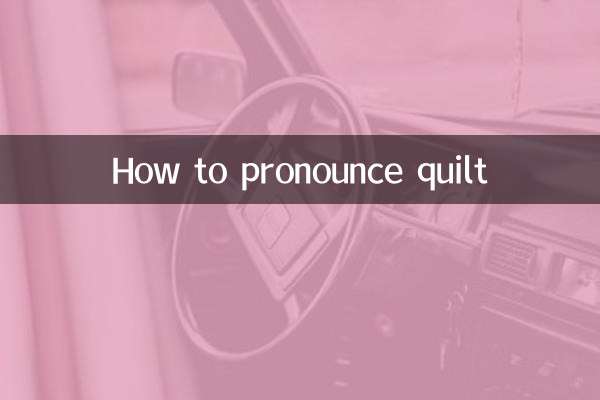How to Spell Words Using English Phonetics
Learning how to spell words using English phonetics is a fundamental skill for language learners. Phonetics provides a systematic way to represent the sounds of spoken language, making it easier to pronounce and spell unfamiliar words. Below, we’ll explore the basics of English phonetics, common phonetic symbols, and practical examples to help you master this skill.
1. Understanding English Phonetics

English phonetics is the study of the sounds used in the English language. The International Phonetic Alphabet (IPA) is a standardized system of phonetic notation that represents each distinct sound (phoneme) in English. Here’s a quick overview of the key concepts:
| Term | Definition |
|---|---|
| Phoneme | The smallest unit of sound in a language (e.g., /k/ in "cat"). |
| IPA Symbol | A unique symbol representing a specific phoneme (e.g., /ʃ/ for the "sh" sound). |
| Syllable | A unit of sound with a vowel (e.g., "water" has two syllables: wa-ter). |
2. Common English Phonetic Symbols
Below is a table of common English phonetic symbols and their corresponding sounds:
| IPA Symbol | Sound Example | Word Example |
|---|---|---|
| /iː/ | Long "ee" sound | see, tree |
| /ɪ/ | Short "i" sound | sit, bit |
| /æ/ | "a" as in "cat" | cat, bat |
| /ʌ/ | "u" as in "cup" | cup, sun |
| /ʃ/ | "sh" sound | shoe, wish |
| /θ/ | Voiceless "th" | think, bath |
| /ð/ | Voiced "th" | this, mother |
3. Steps to Spell Words Using Phonetics
To spell words using phonetics, follow these steps:
1.Break the word into syllables: Identify each syllable to simplify the phonetic transcription (e.g., "elephant" becomes el-e-phant).
2.Match sounds to IPA symbols: Listen carefully to each sound and find the corresponding IPA symbol. For example, the word "church" is transcribed as /tʃɜːrtʃ/.
3.Practice with common words: Start with simple words and gradually move to more complex ones. Here’s a table of examples:
| Word | Phonetic Spelling |
|---|---|
| apple | /ˈæpəl/ |
| banana | /bəˈnænə/ |
| computer | /kəmˈpjuːtər/ |
| education | /ˌedʒʊˈkeɪʃən/ |
4. Challenges and Tips
English phonetics can be tricky due to irregularities. Here are some challenges and tips to overcome them:
| Challenge | Tip |
|---|---|
| Silent letters | Memorize common silent letters (e.g., "k" in "knight"). |
| Multiple sounds for one letter | Learn context rules (e.g., "c" sounds like /s/ before "e," "i," or "y"). |
| Regional accents | Focus on standard IPA pronunciations first. |
5. Conclusion
Mastering English phonetics is a powerful tool for improving pronunciation and spelling. By breaking words into syllables, matching sounds to IPA symbols, and practicing regularly, you can confidently spell words using phonetics. Use the tables and examples above as a reference, and don’t hesitate to consult IPA dictionaries for additional help.
Happy learning!

check the details

check the details